If you are looking for a way to power your off-grid lifestyle, whether it is camping, boating, or living in a remote area, you might want to consider flexible solar panels. Flexible solar panels are thin and light alternatives to rigid solar panels that can bend and adapt to different surfaces and shapes. They offer many benefits for off-grid applications, such as portability, easy installation, and clean energy. In this article, we will explain what flexible solar panels are, how they work, and how to choose the best one for your needs.
What are flexible solar panels?
Flexible solar panels are made of thin layers of silicon cells and polymer materials that can flex and curve without breaking. They are usually less than 5 millimeters thick and weigh between 0.8 to 3 kilograms. They do not require mounting racks or frames, which makes them easy to install and transport. They can also fit on curved or uneven surfaces that rigid panels cannot, such as boat decks, RV roofs, or tents.
Flexible solar panels have lower efficiency and durability than rigid panels, which means they produce less power and last shorter. However, they are also cheaper and more versatile than rigid panels, which makes them suitable for off-grid applications where space and weight are limited.
How do flexible solar panels work?
Flexible solar panels work in the same way as rigid panels: they convert sunlight into electricity using the photovoltaic effect. When sunlight hits the silicon cells in the panel, it knocks off electrons from the atoms, creating an electric current. The current flows through wires to an inverter, which converts it from direct current (DC) to alternating current (AC), which can power appliances and devices.
However, unlike rigid panels, flexible panels do not have a glass or metal layer to protect them from the elements. This makes them more vulnerable to damage from moisture, dust, heat, and UV rays. To prevent this, flexible panels have a special coating or encapsulation that seals them from water and air. Some flexible panels also have bypass diodes that prevent power loss from shading or partial damage.
How to choose the best flexible solar panel for your needs?
There are many factors to consider when choosing a flexible solar panel for your off-grid system, such as:
Power output: This is measured in watts (W) and indicates how much electricity the panel can produce under ideal conditions. The higher the power output, the more devices you can run with the panel. However, the actual power output will depend on factors such as sunlight intensity, angle of incidence, temperature, and shading. You should also consider your daily energy consumption and battery capacity when choosing the power output of your panel.
Efficiency: This is measured in percentage (%) and indicates how well the panel converts sunlight into electricity. The higher the efficiency, the more power you can get from a given area of the panel. However, higher efficiency also means higher cost and lower flexibility. The average efficiency of flexible panels ranges from 10% to 20%, while rigid panels can reach up to 25%.
Size and weigh: This depends on the power output and efficiency of the panel. The larger and heavier the panel, the more power it can produce but also the more space and load it will occupy. You should consider the available space and weight limit of your roof or vehicle when choosing the size and weight of your panel.
Flexibility: This indicates how much the panel can bend or curve without affecting its performance or durability. The higher the flexibility, the more adaptable the panel is to different surfaces and shapes. However, higher flexibility also means lower efficiency and durability. The flexibility of flexible panels ranges from 10 degrees to 30 degrees.
Durability: This indicates how long the panel can last and withstand harsh conditions such as moisture, dust, heat, UV rays, and mechanical stress. The higher the durability, the longer the lifespan and warranty of the panel. However, higher durability also means higher cost and lower flexibility. The durability of flexible panels depends on factors such as coating quality, encapsulation type, bypass diodes presence, and maintenance frequency.
Summary
Flexible solar panels are a great option for off-grid systems that require portability, easy installation, and clean energy. They are thinner and lighter than rigid panels and can bend and adapt to different surfaces and shapes. However, they also have lower efficiency and durability than rigid panels and require careful maintenance and protection. To choose the best flexible solar panel for your needs, you should consider factors such as power output, efficiency, size and weight, flexibility, and durability.

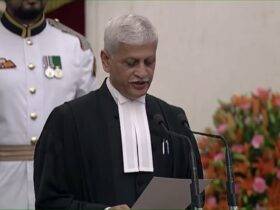



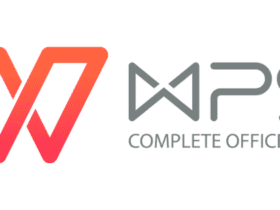
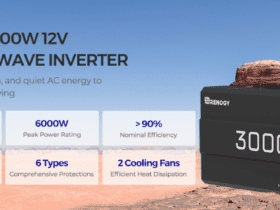
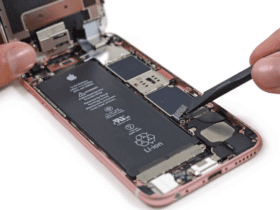








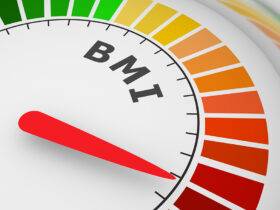







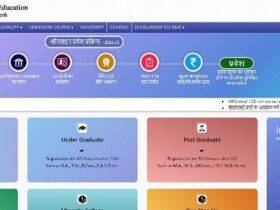

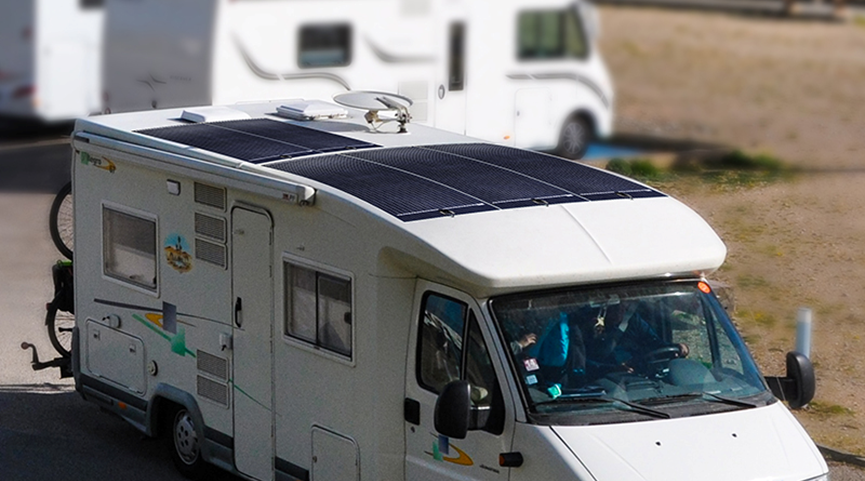







Leave a Reply